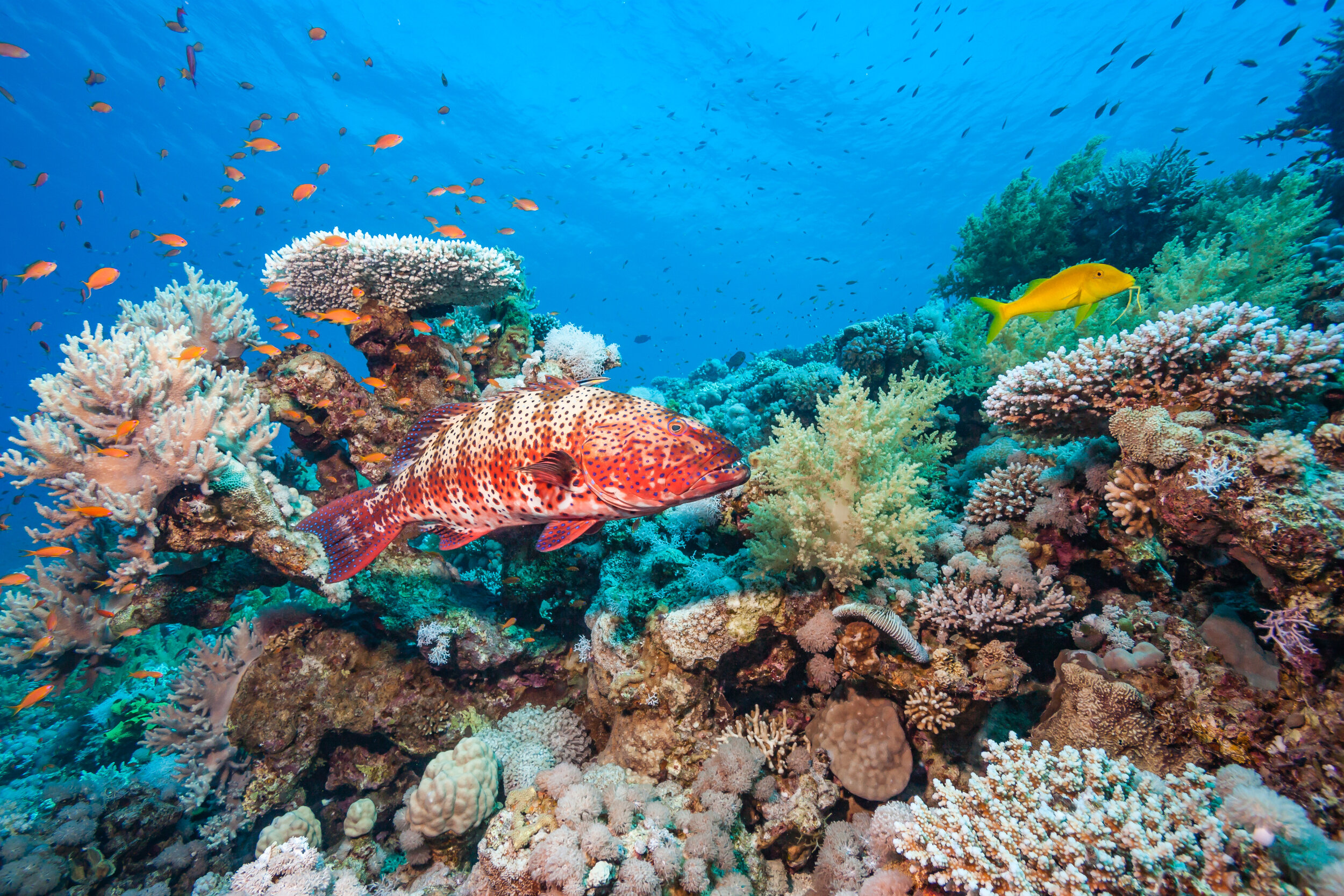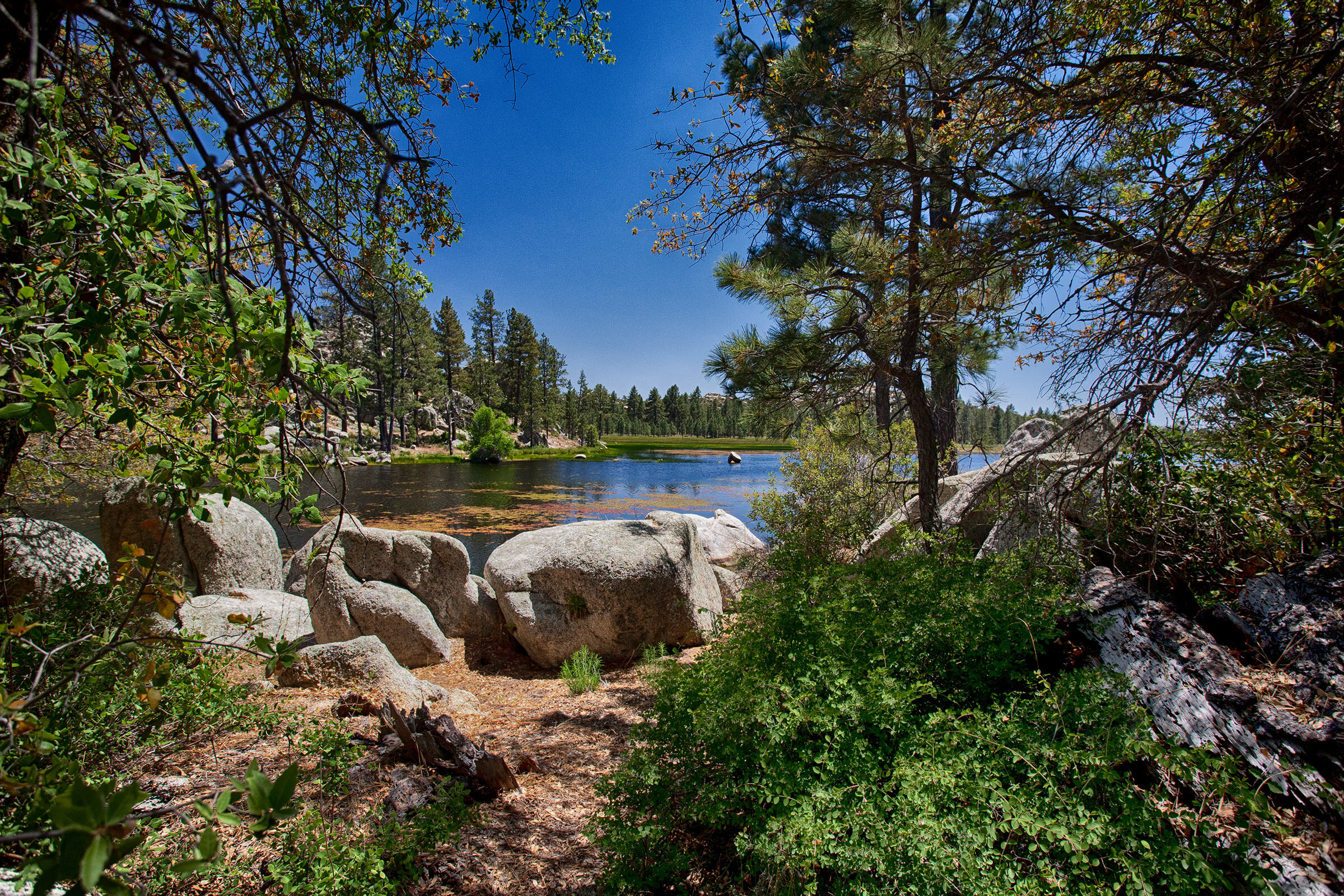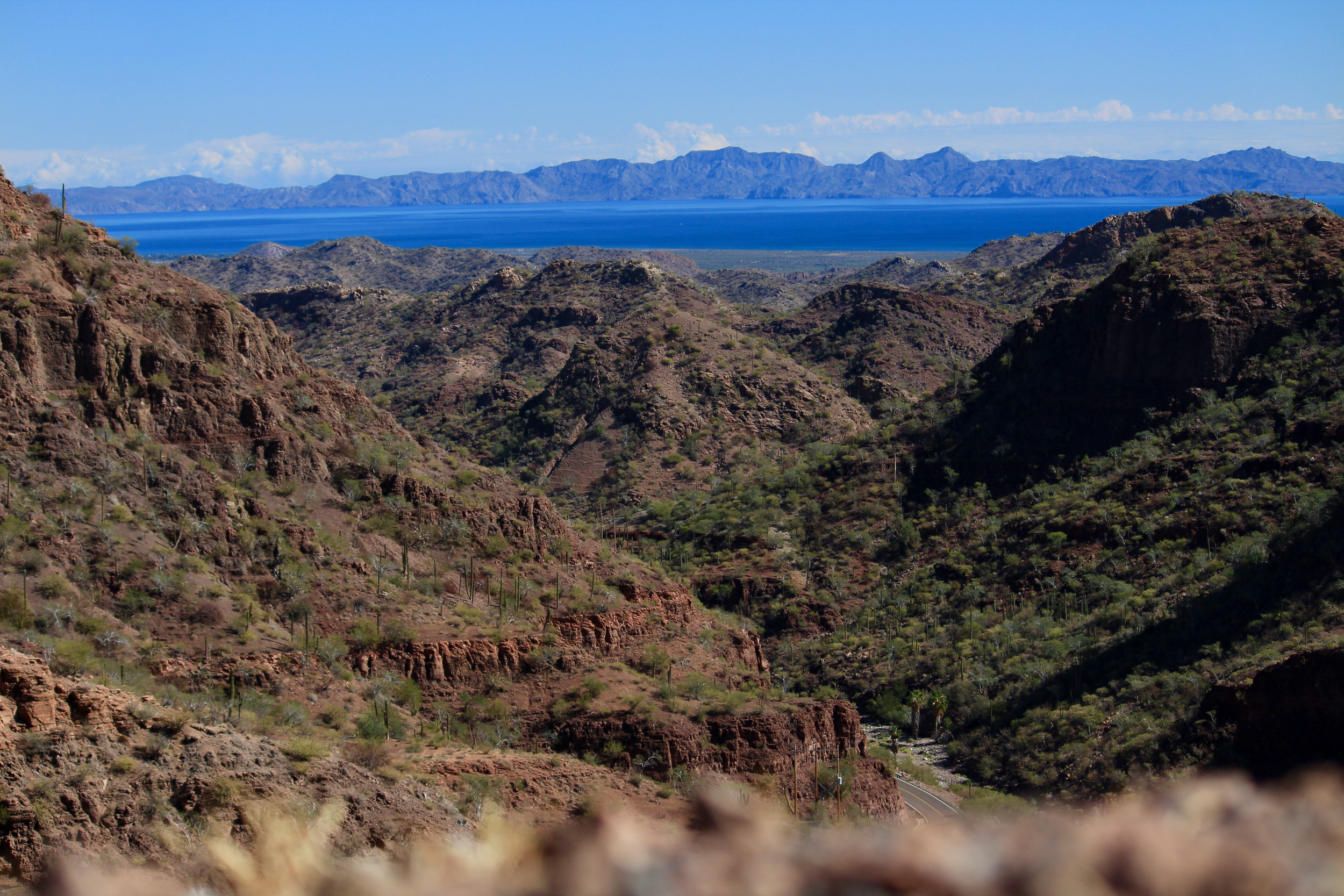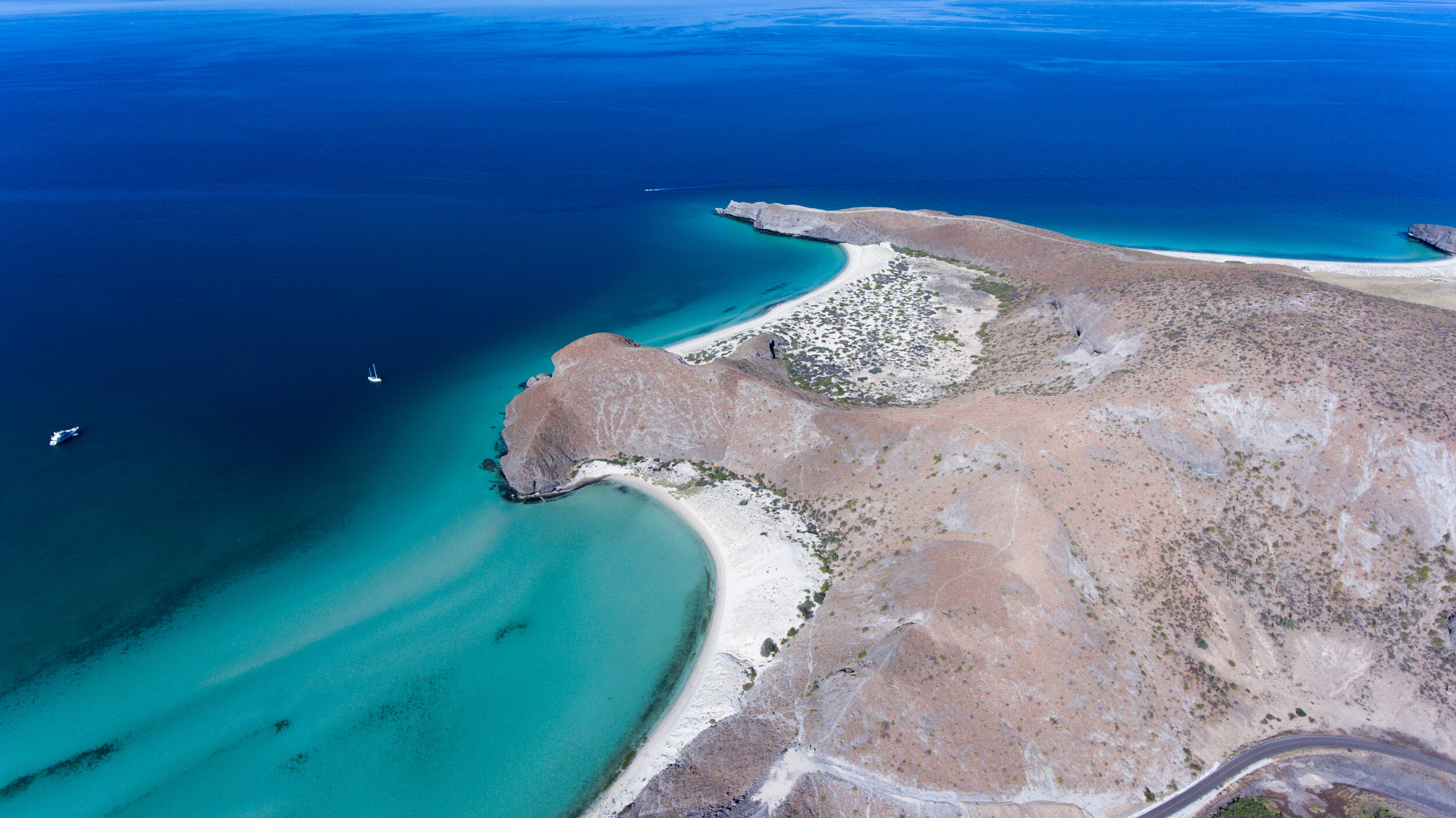Investing in Nature: Q&A with Defender of Protected Areas in Mexico
Natural protected areas play an important role in ensuring healthy environments for both wildlife and people. In Mexico, the vitality of these areas face challenges, including mining practices and decreasing funding. In 2021, the National Commission of Natural Protected Areas (CONANP) budget represented only 31% of the total needed for proper management of Mexico’s Protected Areas. The projected budget for 2022 has decreased further.
Based in Mexico City, Wildlands Network staff member Bety Olivera serves as coordinator for Northwest Civil Society for Environmental Sustainability (NOSSA), a coalition whose members are well-positioned to effect change towards more sustainable environmental policies in Mexico. Bety shares details on NOSSA’s latest undertakings, the broader work of Wildlands Network’s team throughout Mexico, and what gives her hope for the future of North America.
Question 1: What is the Mexico policy team currently working on?
We are currently working on two projects. One is with the NOSSA team which is an alliance of civil society organizations that work for environmental conservation. We are now at a very critical moment because the federal budget for next year has just been released. It will be discussed over the coming weeks in the Chamber of Deputies (the equivalent to the House of Representatives in the United States) and should be approved by the end of the year. The issue of importance for NOSSA has to do with the resources that are going to be allocated for the care and protection of the Natural Protected Areas (NPA). For several years, the proposed budget for the NPA has been in decline. This year will be no exception.
The second project is trying to ensure that mining activity does not take place inside Natural Protected Areas, which currently is legal in Mexico.
Question 2: Why is this work important?
Environmental protection, at least in Mexico, is a very tough job and can prove to be very dangerous. Unfortunately, many activists have been killed for defending the environment. I believe that organizations like Wildlands Network and other environmental organizations, especially local ones, are getting the word out where it hasn’t been possible.
I think that our work with Natural Protected Areas is important because it is a known fact that public environmental policy in Mexico is deteriorating. Natural Protected Areas are special places that have to be protected because of their environmental richness. For example, we have established protected areas for monarch butterflies that come from the north of Canada and cross the United States to arrive and take refuge in Mexico. By law, these areas and animals are protected, but the unfortunate reality is that this law is not being put into practice.
Question 3: How is this related to the broader conservation conversation?
Conservation per se is very important, but it should not be an isolated conversation. It is important to guarantee biodiversity and habitats for animals, but it is also important to take into account that people live in and around these spaces that we seek to conserve. The challenge for those of us who are working on these issues is to remove the lens that only animals and biodiversity are important and try to see this broader link. It seems to me that this is a broader conversation that should not be restricted to the conservation aspect but to the human rights aspect and the questioning of a broader model that has encouraged natural destruction.
Question 4: Why should people care about Wildlands Network’s efforts in Mexico and beyond?
In my opinion, Wildlands Network is an organization unlike many others. In the sense that we work in the field, and strategically place ourselves in a variety of arenas in order to achieve tangible results. We’re creating proposals for connectivity and wildlife crossings which have become a benchmark in the conservation world.
The issues that Wildlands Network is currently addressing are important —not just environmental issues but also trying to bring women’s and indigenous people’s rights into the discussion. These are very uncomfortable conversations, but we need to have them. Wildlands Network is being innovative in our approach and I think that's very beneficial.
Question 5: What gives you hope for Mexico’s future? For our continent’s future?
Natural Protected Areas give me hope because they are critical to the conservation movement in Mexico.
Also, to many, the issue of wildlife crossings and connectivity may seem like a small issue, but our work in this area has been very successful. We must continue this work and continue to be ambitious.
This interview has been edited for length and clarity.






